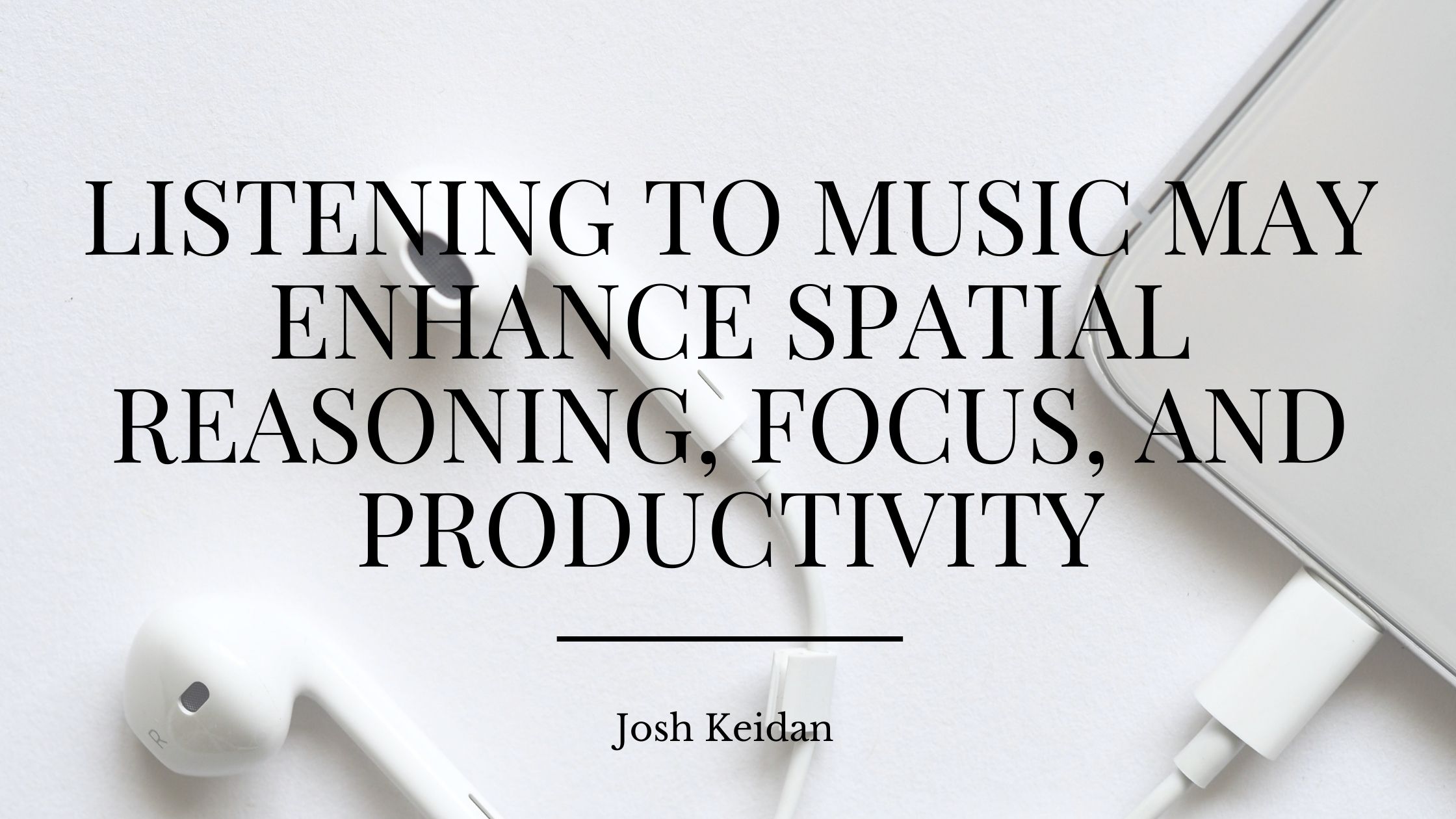Music is said to be a universal language. There are hundreds of psychological studies showing the benefits of listening to music for mental and even physical well-being. Music can put one in a great mood, and listening to music might make you more productive as you go about your day.
The interesting part is that music may be useful or harmful to one’s productivity, depending on the personality and the type of work being done. There’s mounting evidence that listening to music that one already enjoys could lead to an uptick in mood and improve cognitive performance. That said, there may be a reason to doubt conventional wisdom about music, such as the so-called Mozart effect.
There is some evidence that listening to Mozart will temporarily boost spatial intelligence, but the effect wears off quickly. Spatial reasoning might be useful while playing chess or visualizing shapes in three dimensions. In many ways, spatial reasoning is behind many forms of creativity, so getting even a temporary boost from listening to Mozart could greatly benefit some.
Aside from boosting a listener’s spatial reasoning, music may also boost a listener’s mood through acting on dopamine in the brain. Dopamine is thought to be the brain chemical behind pleasure and reward for certain behaviors. It might be the main brain chemical behind learning and memory in the prefrontal cortex.
The prefrontal cortex in the brain is critical for learning, attention, and avoiding distraction. Put another way, listening to music may help you focus more easily on your work while enabling you to ignore distractions. The key to getting these benefits is listening to music that you enjoy. Listening to music that you enjoy will release more dopamine in critical parts of your brain, boost your mood, and enhance your productivity.
Researchers have linked the following musical genres to creativity and productivity: classical music, movie soundtracks, funk, the sounds of nature, and video game music. There seems to be something about these genres that contributes to listeners being able to achieve a “flow” state, which is characterized by an ability to focus intensely and glean more enjoyment from various tasks.


